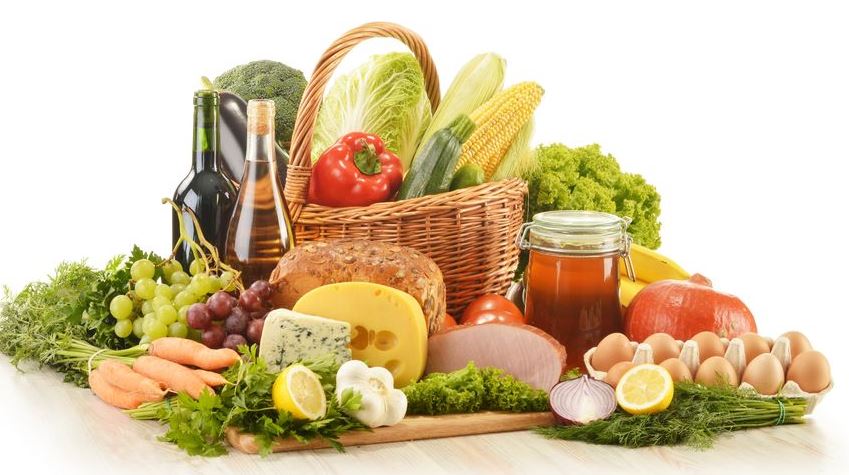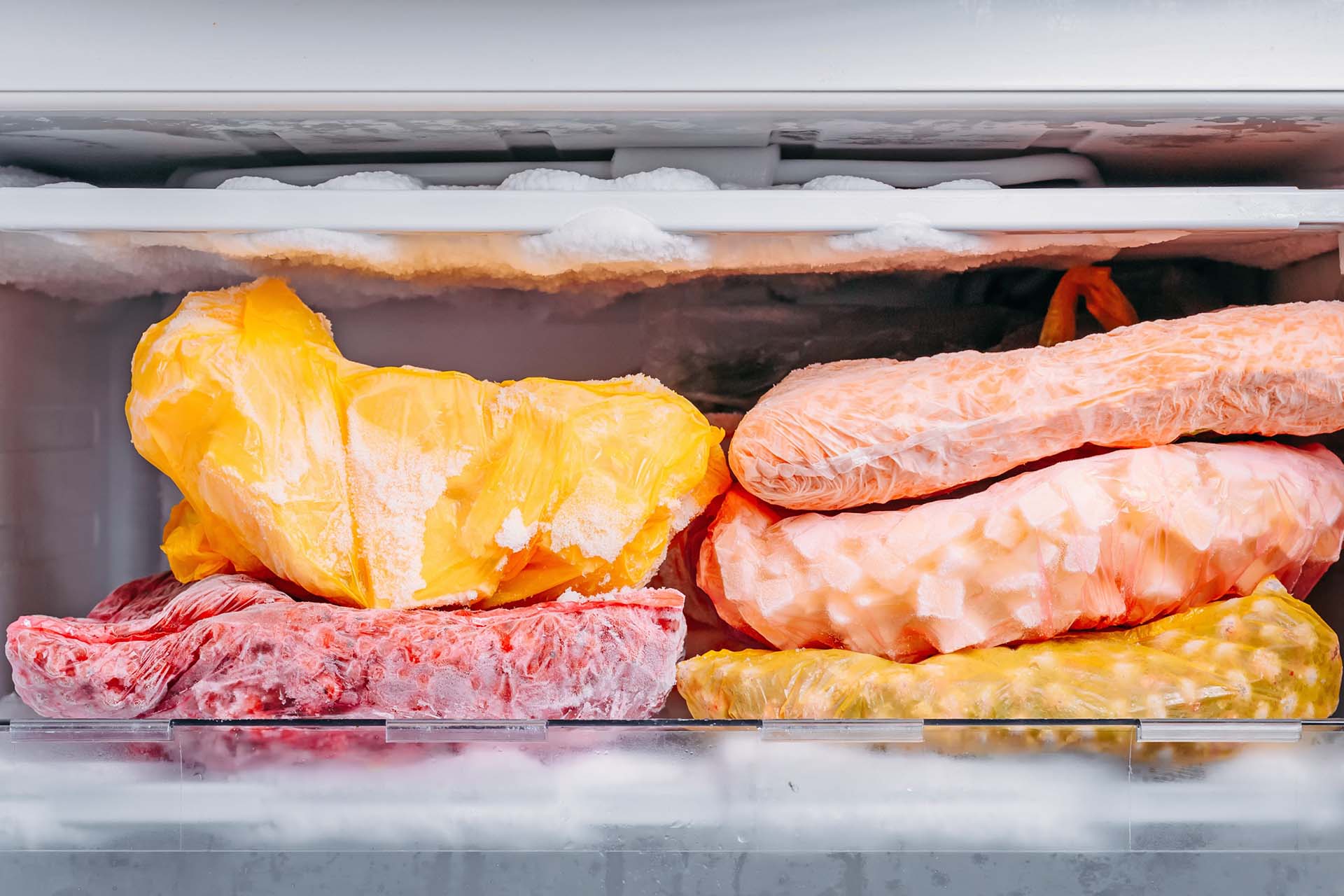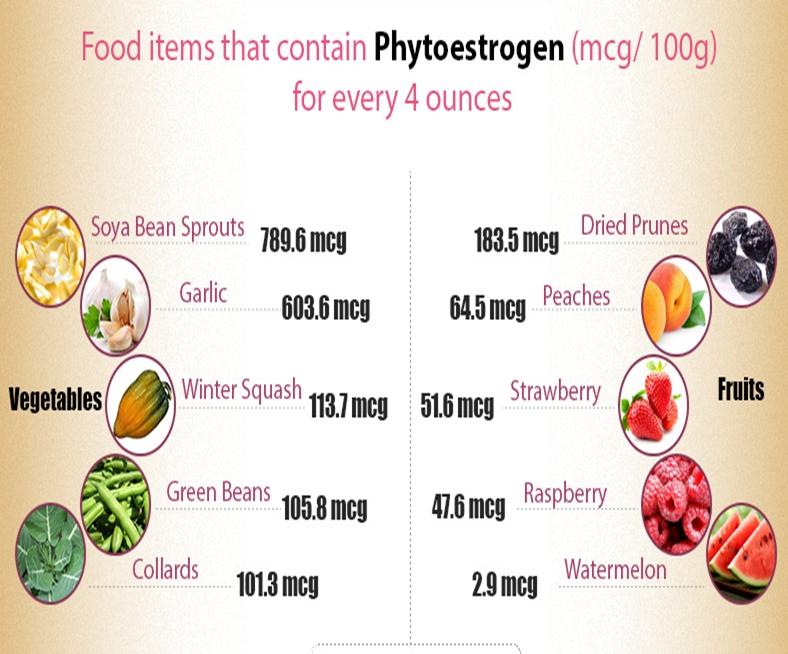Certainly, you can successfully grow vegetables indoors, offering a means to enjoy fresh, homegrown produce regardless of space constraints or adverse outdoor conditions. Embarking on indoor vegetable gardening presents unique benefits:
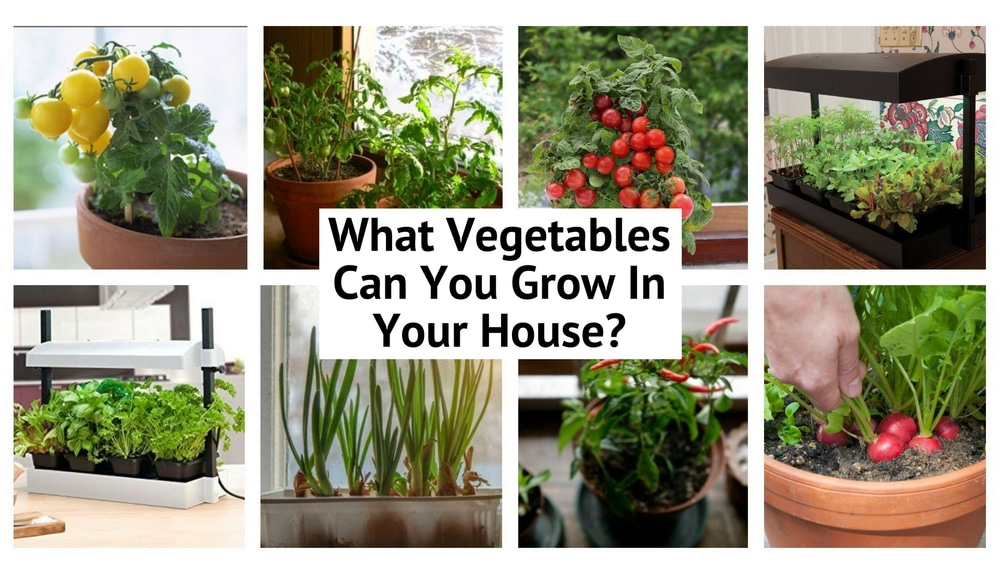
Controlled Environment: Indoor gardening offers precise control over the growing environment, enabling you to optimize conditions for vegetable growth. By meticulously managing temperature, humidity, lighting, and water, you can create an ideal microclimate fostering healthy plant development.
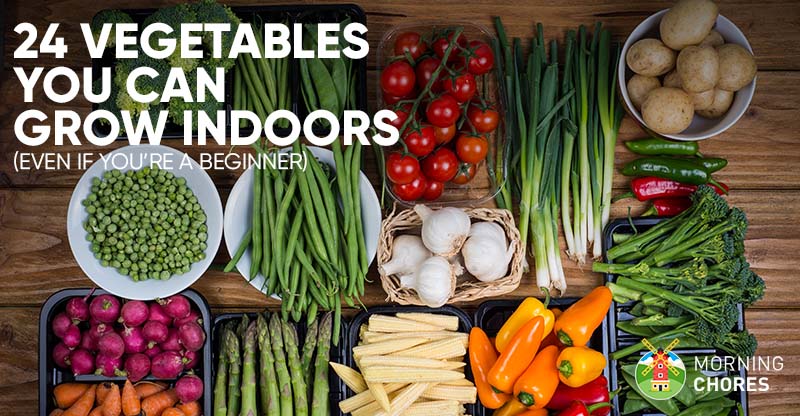
Year-Round Availability: With indoor gardening, you are not restricted by seasonal limitations. You can cultivate vegetables throughout the year, irrespective of weather conditions. This aspect is particularly advantageous in regions with harsh winters or limited growing seasons.
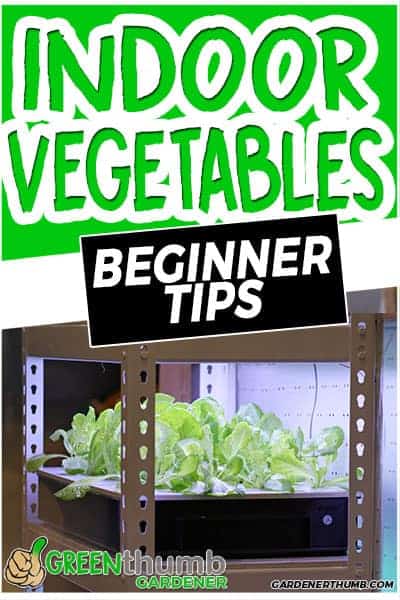
Efficient Use of Space: Indoor vegetable gardening maximizes space utilization, as vertical gardening techniques and compact containers allow you to grow vegetables even in small apartments or urban areas with limited outdoor space.
To ensure successful indoor vegetable gardening, consider the following key factors:
Lighting: Vegetables require adequate lighting for photosynthesis, the process by which they produce food. If natural light is insufficient, supplement with artificial grow lights that mimic the intensity and spectrum of sunlight.
Temperature and Humidity: Vegetables thrive within specific temperature and humidity ranges. Research the ideal conditions for the vegetables you intend to grow and maintain those parameters using heating, cooling, and humidification devices as necessary.
Containers and Soil: Select containers with adequate drainage to prevent waterlogging and root rot. Use a potting mix specifically designed for vegetable gardening, ensuring it is well-draining, aerated, and nutrient-rich.
Watering and Fertilization: Water regularly, ensuring the soil remains evenly moist but not soggy. Fertilize according to the recommended schedule for each vegetable, providing essential nutrients for healthy growth.
Pest and Disease Management: Regularly inspect your plants for signs of pests or diseases. Promptly address any issues using organic or chemical control measures to prevent the spread of problems.
Indoor vegetable gardening can be a rewarding and fulfilling experience, allowing you to cultivate fresh, nutritious produce in the comfort of your own home. With proper planning and care, you can enjoy a bountiful harvest of flavorful vegetables year-round.








